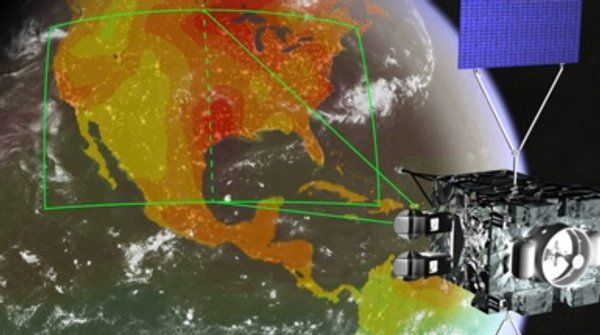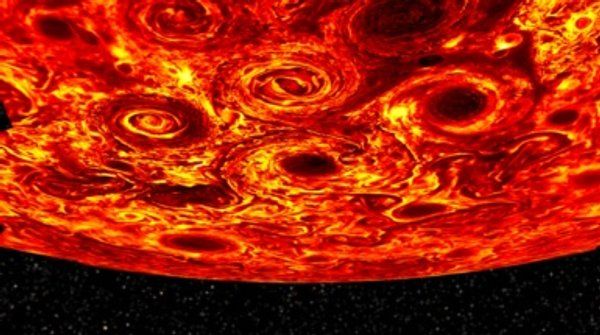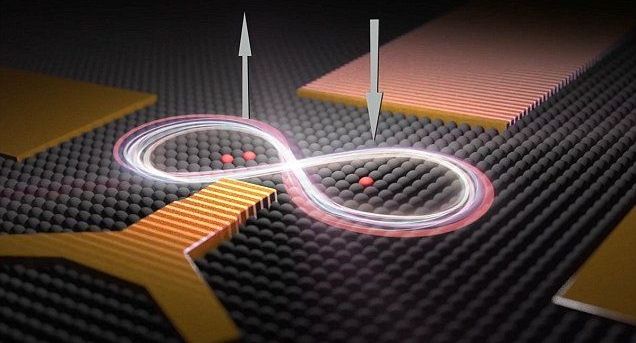The multitalented Dot Power Platform could raise crop yields 70 percent by 2050.



European and Canadian orbiters can work together to catch wayward emissions.

MILAN (Reuters) — Italian energy company Eni will conduct research with the Massachusetts Institute of Technology (MIT) and invest in a company created by former MIT scientists to produce energy from nuclear fusion.
FILE PHOTO: Eni’s logo is seen in front of its headquarters in San Donato Milanese, near Milan, Italy, April 27, 2016. REUTERS/Stefano Rellandini/File Photo.

But designer babies, micro-pigs and fluorescent carrots get the thumbs-down, Royal Society survey finds.
Ian Sample Science editor.

There’s hope for a tastier, healthier, more robust tomorrow: high-tech new food preservation methods that fend off the bad stuff (bacteria, spoilage) while protecting the good (flavor, texture, nutrients). Scientists are experimenting with everything from microwave sterilization to blasts of plasma to ensure food stays appetizing longer—even without refrigeration. That salmon dinner you bought on Monday? It’ll taste just as fresh a week later. And it’ll be just as good for you.
Best for: Berries, nuts Scientists at Scotland’s University of Strathclyde pioneered a technique that bombards fluids with high-intensity blue light, which produces a form of oxygen that’s lethal to pathogens. It’s now being adapted for use on berries and other foods.
Best for: Eggs The USDA has developed a machine for eliminating salmonella in fresh eggs. Electrodes pulse radio frequency waves through the shells, targeting the space between the white and yolk where salmonella dwells.

Breakthrough measurements of Jupiter’s hidden interior could revolutionize our understanding of giant planets.

The idea of placing humans in stasis is one that has been explored in exhaustive detail through science fiction. Simply put it is the ability to quite literally press pause on our bodies and then wake up at an undefined time in the future.
While many (mostly millionaires) have tried and failed to perfect the technology it’s something that the US Military is now taking very seriously.
Its top secret research division known as DARPA has confirmed that it is now launching a Biostasis program where it will try to find a way of slowing the human body to an almost complete standstill.

The move is being heralded as a ‘significant milestone’ in the broader effort to build a world-beating quantum computer.
Building a quantum computer has been called the ‘space race of the 21st century’ – a difficult and ambitious challenge, with the potential to deliver revolutionary tools.
The team of researchers, which is led by Australian of the year Michelle Simmons, is the only group in the world that can see the exact position of their qubits, according to a release from the University of New South Wales.

Is humanity doomed? Are we one of the last generations of homo sapiens — soon to be supplanted by engineered cyberbeings, with a distant semblance to their creators (us)?
On Jan. 24, historian and international best-selling author Yuval Noah Harari presented his view of the future at the World Economic Forum in Davos, Switzerland. Harari wrote Sapiens: A Brief History of Humankind and also Homo Deus: A Brief History of Tomorrow.
In a riveting 25-minute presentation, Harari painted a very gloomy — but possible — view of the future, based on his thesis that we are now in our third grand revolution: the control of data, following the control of land (Agrarian Revolution) and the control of machinery (Industrial Revolution). The point of no return, Harari contends, will happen when technology will be able to extract high-precision biometric data from people and report back to a centralized decision-making control system, owned by governments or by corporations — or both. By biometric, he means your pulse, pressure, sweat composition, dilation of your pupils, etc.: kind of a lie-detector on steroids.
https://www.spreaker.com/user/thearseniobuckshow/interviewee-8-bioquarks-ira-pastor-on-st